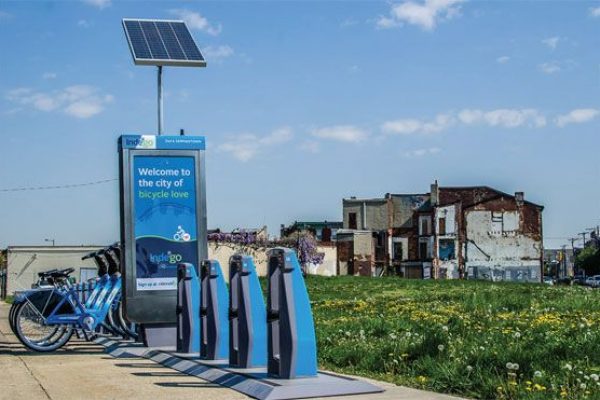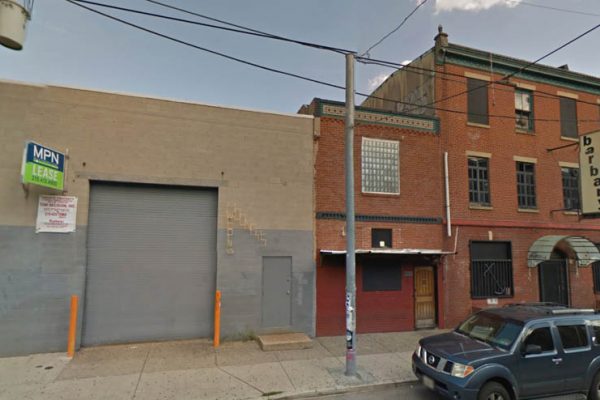Philadelphia Considers Planting Flag As Fossil Fuel Energy Hub
Philadelphia City Council, in an effort to provide a quick shot in the arm to the city and region’s economy, is considering the proposal for liquefied natural gas (LNG) export terminals being built at the Philadelphia Gas Works plant in Port Richmond.
The potential of Philadelphia’s re-emergence as a fossil fuel energy hub is due to the fact that Pennsylvania is currently the nation’s biggest producer of Marcellus Shale natural gas–one of the largest natural gas fields in the world–with greatest deposits centered across the state.
With a synergistic supply method from fields across the state to the City of Brotherly Love, LNG could be gathered and exported across the country and the world, thus driving Philadelphia to the top of the market as an LNG city–similar to Houston’s legacy as an oil city.
Naturally, such an addition is met and debated with positive and negative reactions.
There’s little denying the economic implications with such a change to the energy landscape. While Philadelphia would become a world energy supplier–possibly a leader in the LNG market, the immediate benefits would include a boom to Philadelphia-based manufacturing and skilled labor employment as neighborhood contractors and laborers would converge in Port Richmond to upgrade PGW’s facilities.
Other benefits down the line would be the assumed–and more than welcome–enhancement of the infrastructure in and around Philadelphia, increased jobs within PGW and the surrounding neighborhoods, and the continued boom to the Riverwards as such an international economical shift would impact neighborhoods already on the rise.
Negative ramifications of Philadelphia’s play in the LNG field are mostly environmental, as generations from baby-boom forward think associate one word with anything having to do with fossil fuels: Pollution.
Yes, natural gas is recognized as more environmentally friendly than coal or oil, but how much more, really? In an article for Earth Island Journal, Michael Silverstein writes of fallout from a move of this magnitude varying from damage to the air and water supply, to accidents in the transportation of LNG, to methane emissions from a product which is dependent upon fracking–another highly controversial topic–simply for its extraction.
Still over the horizon is the long-term effects of damage due to increased pollution, that which hasn’t been tested but is an underlying danger in the supplying of fossil fuels. Likely, Philadelphia and its neighborhoods–due to national environmental standards–won’t be reduced to the smog-ridden, surgical mask-required dystopia of a Shanghai. But how much will this affect quality of life and life expectancy for residents closest to the added terminals? Are the benefits overrated, or are the drawbacks overblown?
With much to be considered–exciting positives and scary negatives alike–the potential addition of LNG terminals to Port Richmond will be more than just “hot air” as the situation develops.




